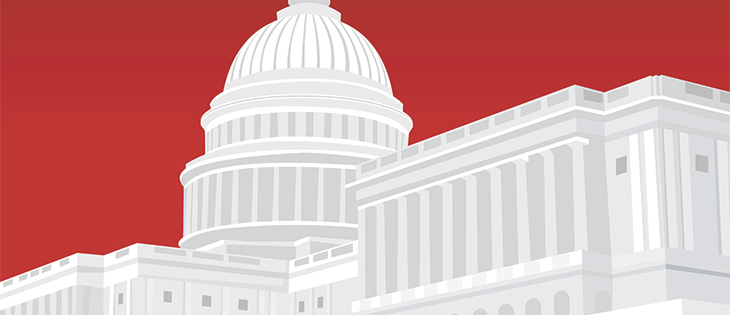Carried Interest Amendment Added to House Tax Bill—Media
House Ways and Means Committee Chairman Kevin Brady on Monday introduced an amendment that would limit the use of carried interest by investors.

House Ways and Means Committee Chairman Kevin Brady on Monday introduced an amendment to the GOP’s proposed tax reform bill that would limit the use of carried interest by investors.
“The carried interest loophole refers to the portion of investment fund profits paid to certain fund managers and investors, which are taxed at capital gains, instead of ordinary income tax rates,” The Hill reported on Monday, noting that the rate can drop to as low as 23.8 percent.
The amendment by Brady, a Texas Republican, would extend the time horizon over which investment firms must hold an asset before it becomes eligible for the long-term capital gains rate to three years from one, The Wall Street Journal reported on Wednesday.
That change is unlikely to hurt private equity firms, which typically hold portfolio assets for at least that time frame, but it could be detrimental to hedge funds, the paper said.
Citing Preqin data, Bloomberg reported Tuesday that the average holding time for a PE investment was 5.2 years for investments exited in 2016.
“A three-year period would still be a quick flip for most private equity shops, and most would just work around to avoid paying higher tax on exit,” Frank Steinherr, a partner at law firm McDermott Will & Emery specializing in private equity, told Bloomberg.
Both President Donald Trump and his Democratic challenger, Hillary Clinton, pledged to eliminate the so-called carried interest “loophole” as part of their campaign platforms.
The amendment by Brady aims to reduce the amount of investment eligible for lower tax rates.

Deborah Cohen is the editor-in-chief of Middle Market Growth.


